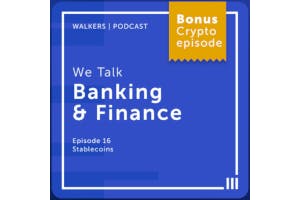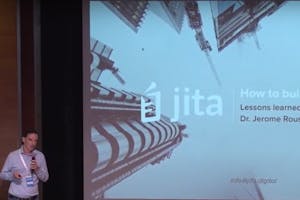Resources
Insights into the world of Web3 auditing
Stay ahead in Web3 security and blockchain innovation with our expert insights and industry updates.
Media
Explore our exclusive interviews which provide a deeper understanding of how Jita Digital is pioneering secure solutions for a decentralised world.

The State of Stablecoins
A must for anyone interested in digital assets and cryptocurrencies. In this episode, Walkers Global partner Sara Hall talks to the CEO & Founder of Jita Digital Jerome Rousselot about the state of stablecoins.May 2023

What it takes to audit smart contracts
What it takes to audit smart contracts, a podcast with Connor Svensson.May 2023

Tricks of the Crypto Trade: A Crypto Doctor's Diagnosis
Lawrence Wintermeyer discusses the 2017 bull market with Jita's founder.April 2023

.jpg?ixlib=gatsbyFP&auto=compress%2Cformat&fit=max&rect=791%2C0%2C2515%2C1653&w=370&h=247)





